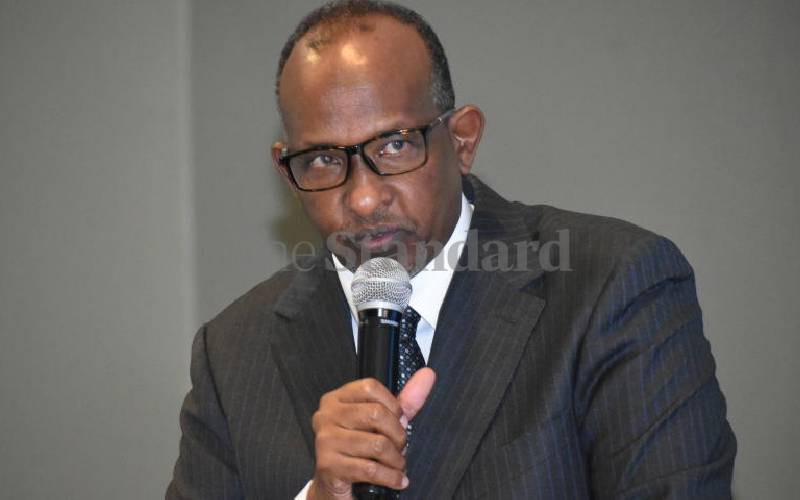×
The Standard e-Paper
Fearless, Trusted News

A total of Sh12.6 billion has given to 45 counties through the Locally-Led Climate Action Programme as part of the County Climate Resilient Investment Grant.
Kisii received the largest single allocation of Sh453.8 million, followed by Migori with an allocation of Sh442 million, Kakamega with Sh434 million, Bungoma got Sh433.7 million and Turkana received Sh426 million.